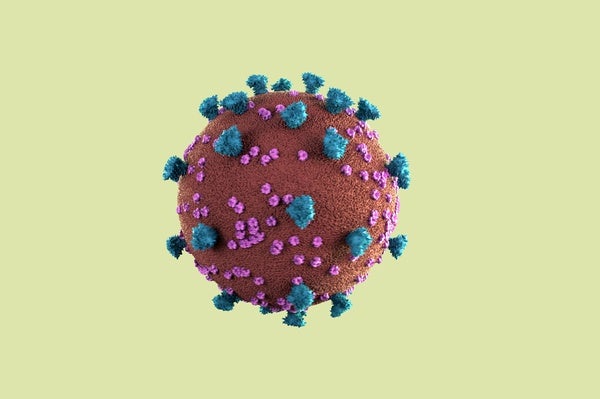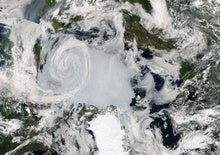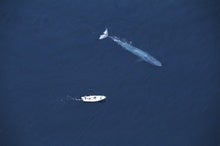 |
| July 31, 2020 |
Dear Reader,
A few recent studies have found that coronavirus antibodies start to wane in the weeks and months after a mild infection. But that doesn't necessarily mean immunity disappears. Health and biology editor Tanya Lewis explains why in our lead story. Also in today's news, arctic sea ice hit an all-time low for July against a backdrop of record-breaking temperatures and raging wildfires at the northern reaches of Earth. Experts speculate that 2020 could be the most extreme year in history for Arctic ice cover. And lastly, we have a fascinating piece on why blue whales are the largest animals to have ever lived. |
| | Sunya Bhutta, Senior Editor, Audience Engagement
@sunyaaa | |
 |
| |
| |
| |
| Biology Why Are Blue Whales So Gigantic? Dinosaurs were big, but these are the largest animals in the history of the planet—and we're just beginning to understand the reasons for their size | | | | |
| |
| |
FROM THE STORE
 | | | |
| |
FROM THE ARCHIVE
 | | | |
| |
LATEST ISSUES
 |
| |
| Questions? Comments?  | |
| Download the Scientific American App |
| |
| |



















Comments
Post a Comment